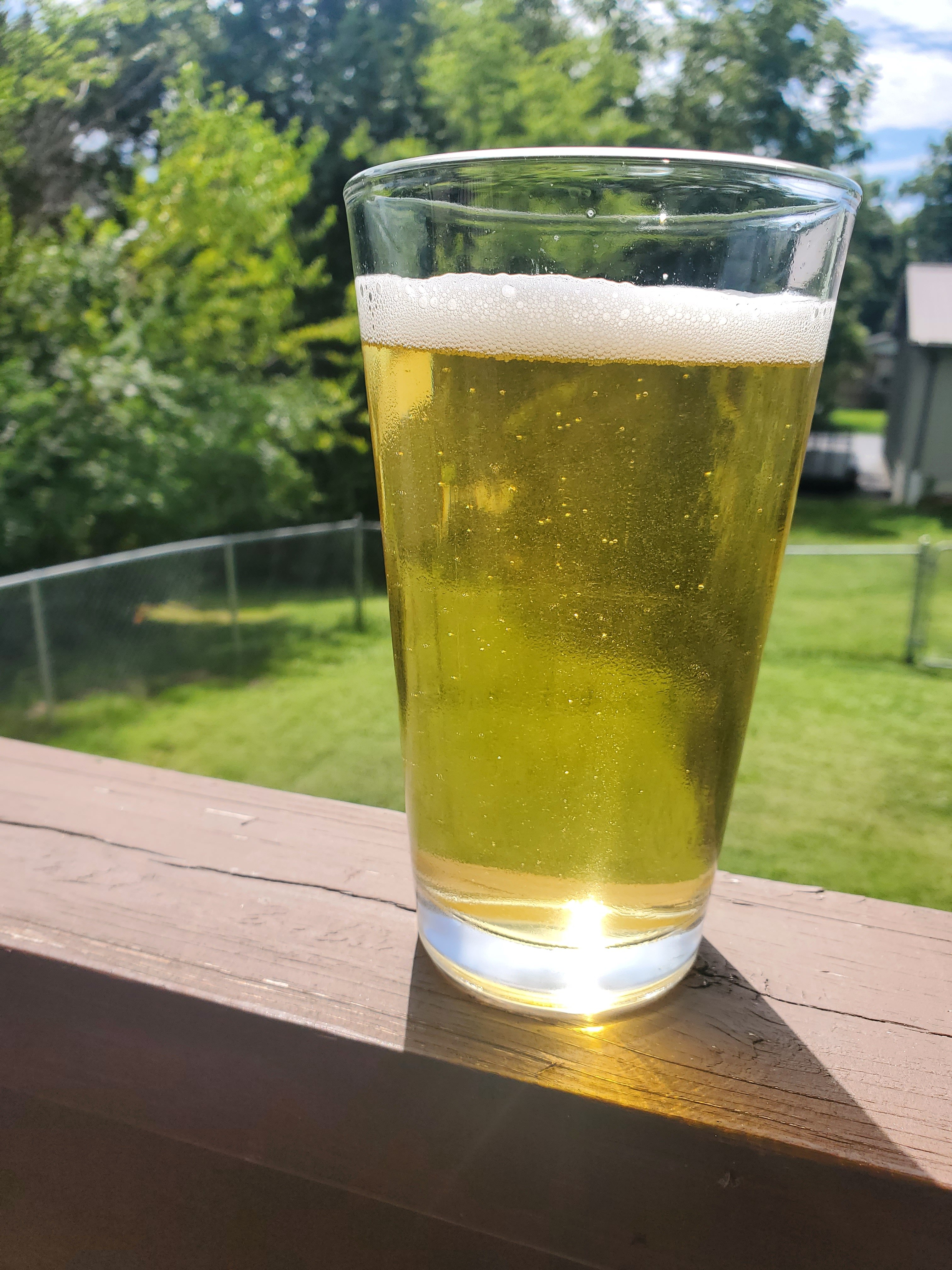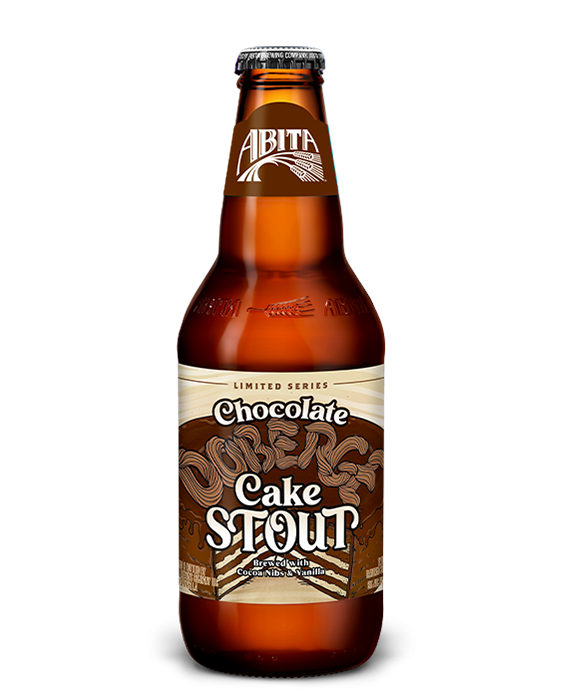I've only made wine before, wanna try making beer. Any helpful simple guides on beer making for the wine maker? Any nuance that may not be obvious on how the two are different?
Also, the reason I want to try beer making is because I hate 90% of the beer out there because I have a very sensitive bitter tolerance and any hops at all completely overpower any other flavor. So I decided why not make beer exactly to my taste. Only beer I've ever actually enjoyed has been a very wheaty gruit(?) with maybe like 2 IBU. Tasted just like bread. Absolutely loved it. Any tips for something like this? On cursory research it seems the point of the herbs in gruit is to bitter it in place of hops, but what if you just don't even want that amount of bitterness? Are hops / bittering replacements a necessity for the physical process of fermentation / aging or something? Could i just have a one-note wort with wheat and nothing else?
Also, the reason I want to try beer making is because I hate 90% of the beer out there because I have a very sensitive bitter tolerance and any hops at all completely overpower any other flavor. So I decided why not make beer exactly to my taste. Only beer I've ever actually enjoyed has been a very wheaty gruit(?) with maybe like 2 IBU. Tasted just like bread. Absolutely loved it. Any tips for something like this? On cursory research it seems the point of the herbs in gruit is to bitter it in place of hops, but what if you just don't even want that amount of bitterness? Are hops / bittering replacements a necessity for the physical process of fermentation / aging or something? Could i just have a one-note wort with wheat and nothing else?





